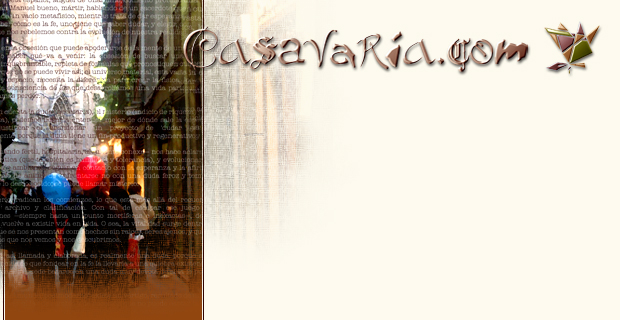With flashpoint confidence, and frequently, the opinion is put forth that in our information society, the public is largely detached from the activities of its government, as from the production of the information by which such scant contact is permitted. I would not discredit this assertion altogether, but rather would go beyond it, to use the impetus to the observation as a guide toward other, attached meditations.
What is our role, as citizens? Are we detached, and if so, what can we do to make contact with the strings of power? We are all watchers. Not spectators, but witnesses who stand guard at the door to our liberty. It is not the information that descends upon us which determines the nature or degree of our independence; it is what we do with the information. Closing our eyes, using resignation as an excuse to shirk civic responsibility, amounts to locking ourselves in a dark corner, locking ourselves out of 'the blessings of liberty'.
Public figures often complain that in the course of their devotion to the public good, their private lives are scavenged by the tabloid vultures, each one hoping the collapse of another's life might be the success of his own. As with most complaints, there are validities to be examined, as well as inaccuracies to be studied, and corrected. The complaint of the public individual is valid, insofar as aggressive anti-intellectual paparazzi chase the individual for photographs, invade the spaces of one's everyday personal world, beyond the workplace, or concoct and print gossip for the sake of selling papers or doing political battle. Each of these practices devalues the life of the individual human being and undercuts even the possibility of serious public debate on any given issue. Such aggressive spectatorship therefore runs counter to the ideals of democracy, and may even undermine the process by which democracy functions.
There are, however, other parameters to be checked, when such a complaint is lodged. The right to privacy is not a right to cloak in conspiratorial secrecy unsavory acts that affect the public at large. This means that the omnipresence of the media in today's culture is of potential benefit to the otherwise powerless individual citizen. Public figures are granted less opportunity to commit official crimes in the context of enhanced media scrutiny. The public has more access; transparency is expanded; it becomes necessary for a public figure to look clean, and the best way to do that, the easiest and most economic way, is to abide by the rule of law, to behave honestly and with the integrity to which media scrutiny implicitly aspires.
But the added scope of media communications doesn't negate the possibility that the forementioned undermining of the process, through distracting 'aggressive spectatorship' or sham reporting, might be used deliberately to the same ends. While the vastness of our media web can serve to inform the public, and does, in unprecedented ways, keep pressure on governmental and corporate officials to stay clean, it can also be manipulated in such a way to divert attention, or to lie outright and conceal wrongdoing through misinformation.
The mass availability, interconnectedness and searchability of today's communications media can present a seemingly limitless coincidental broadsheet report on the perils and successes through which our society passes, without disguise, unmasked, for all to see. But, this same web can be subtly intensified, made uniform, its gaps sealed with self-interested rhetorical caulking, its collective direction reprogrammed, then used as a whole as a cloak more powerful than any veil of simple secrecy.
So, each person, in the interests of an authentically democratic, free society, in the interests of justice, must watch not only through the media those who wield power and influence over others, but also watch the media itself (which can be used to wield concerted influence), watch for inexplicable inconsistencies, irrational infatuations, personality cults and other unjustifiable distractions. Those distractions, however inadvertently, function as a usurpation of the role of the People in governing themselves, an inalienable right for which the very Freedom of the Press was conceived.
It is the understanding of this inherent continuation of the right to examine all elements of public life through the media which makes the Freedom of the Press and the Freedom of Speech the most powerful checks on unmititaged power within a democracy. The continual nature of this process of scrutiny through the Media, of the Media, by the Media and the People, for the Media and the People, is what ensures that free and open debate will be its own most effective protector.
© 2002 Joseph Robertson
![]()
All text & images Copyright © 1995-2008 Casavaria,
or listed contributor :: Casavaria Languages: Català | English | Español | Français | Galego | Italiano | Português | Svenska










